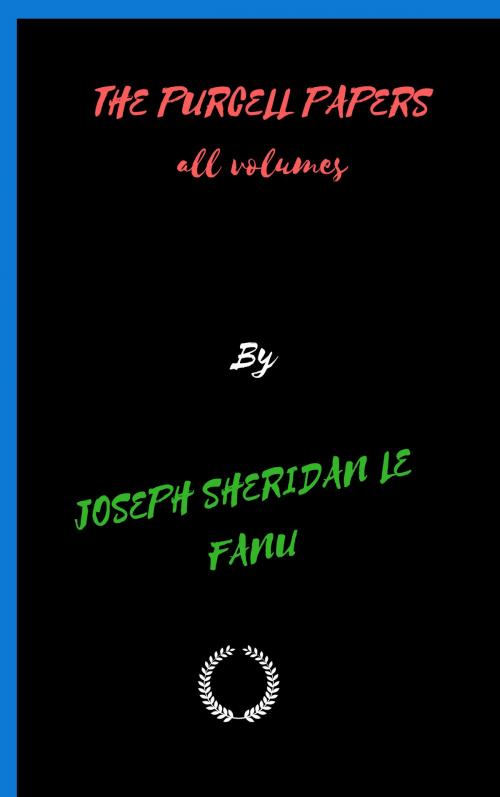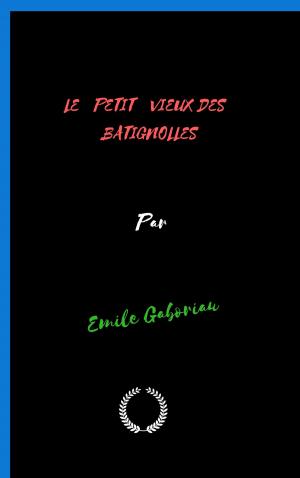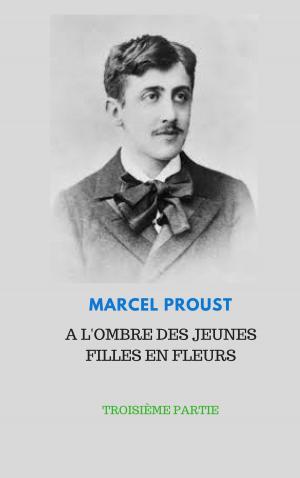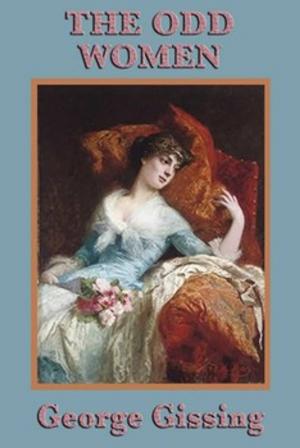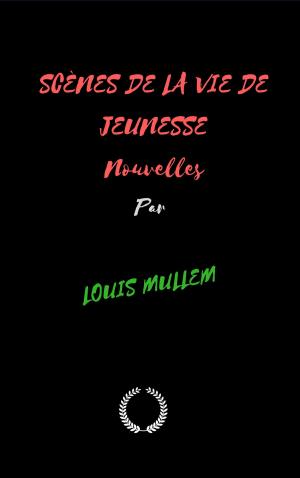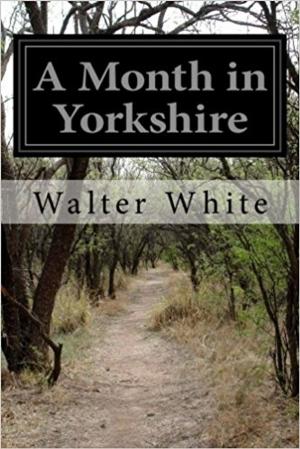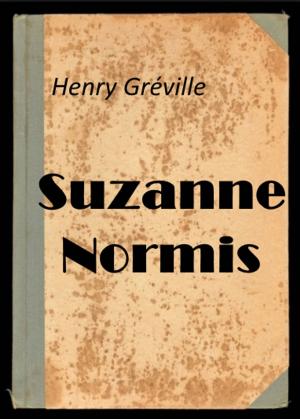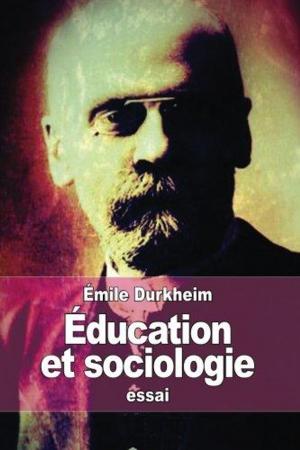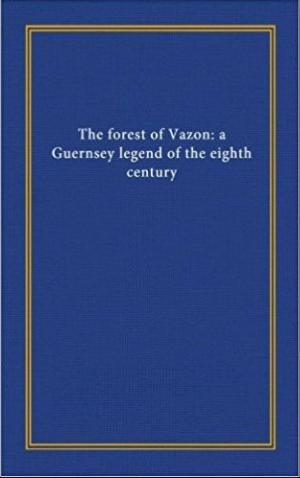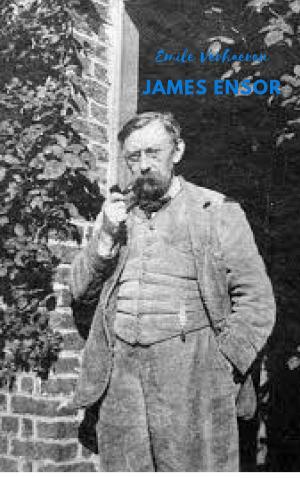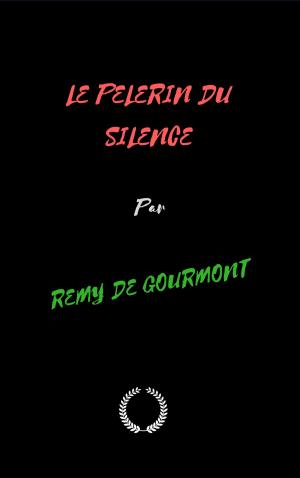| Author: | JOSEPH SHERIDAN LE FANU | ISBN: | 1230002425672 |
| Publisher: | Jwarlal | Publication: | July 13, 2018 |
| Imprint: | Language: | English |
| Author: | JOSEPH SHERIDAN LE FANU |
| ISBN: | 1230002425672 |
| Publisher: | Jwarlal |
| Publication: | July 13, 2018 |
| Imprint: | |
| Language: | English |
But besides the poetical powers with which he was endowed, in common with the great Brinsley, Lady Dufferin, and the Hon. Mrs. Norton, young Sheridan Le Fanu also possessed an irresistible humour and oratorical gift that, as a student of Old Trinity, made him a formidable rival of the best of the young debaters of his time at the 'College Historical,' not a few of whom have since reached the highest eminence at the Irish Bar, after having long enlivened and charmed St. Stephen's by their wit and oratory.
Amongst his compeers he was remarkable for his sudden fiery eloquence of attack, and ready and rapid powers of repartee when on his defence. But Le Fanu, whose understanding was elevated by a deep love of the classics, in which he took university honours, and further heightened by an admirable knowledge of our own great authors, was not to be tempted away by oratory from literature, his first and, as it proved, his last love.
Very soon after leaving college, and just when he was called to the Bar, about the year 1838, he bought the 'Warder,' a Dublin newspaper, of which he was editor, and took what many of his best friends and admirers, looking to his high prospects as a barrister, regarded at the time as a fatal step in his career to fame.
Just before this period, Le Fanu had taken to writing humorous Irish stories, afterwards published in the 'Dublin University Magazine,' such as the 'Quare Gander,' 'Jim Sulivan's Adventure,' 'The Ghost and the Bone-setter,' etc.
These stories his brother William Le Fanu was in the habit of repeating for his friends' amusement, and about the year 1837, when he was about twenty-three years of age, Joseph Le Fanu said to him that he thought an Irish story in verse would tell well, and that if he would choose him a subject suitable for recitation, he would write him one. 'Write me an Irish "Young Lochinvar,"' said his brother; and in a few days he handed him 'Phaudrig Croohore'—Anglice, 'Patrick Crohore.'
Of course this poem has the disadvantage not only of being written after 'Young Lochinvar,' but also that of having been directly inspired by it; and yet, although wanting in the rare and graceful finish of the original, the Irish copy has, we feel, so much fire and feeling that it at least tempts us to regret that Scott's poem was not written in that heart-stirring Northern dialect without which the noblest of our British ballads would lose half their spirit. Indeed, we may safely say that some of Le Fanu's lines are finer than any in 'Young Lochinvar,' simply because they seem to speak straight from a people's heart, not to be the mere echoes of medieval romance.
'Phaudrig Croohore' did not appear in print in the 'Dublin University Magazine' till 1844, twelve years after its composition, when it was included amongst the Purcell Papers.
But besides the poetical powers with which he was endowed, in common with the great Brinsley, Lady Dufferin, and the Hon. Mrs. Norton, young Sheridan Le Fanu also possessed an irresistible humour and oratorical gift that, as a student of Old Trinity, made him a formidable rival of the best of the young debaters of his time at the 'College Historical,' not a few of whom have since reached the highest eminence at the Irish Bar, after having long enlivened and charmed St. Stephen's by their wit and oratory.
Amongst his compeers he was remarkable for his sudden fiery eloquence of attack, and ready and rapid powers of repartee when on his defence. But Le Fanu, whose understanding was elevated by a deep love of the classics, in which he took university honours, and further heightened by an admirable knowledge of our own great authors, was not to be tempted away by oratory from literature, his first and, as it proved, his last love.
Very soon after leaving college, and just when he was called to the Bar, about the year 1838, he bought the 'Warder,' a Dublin newspaper, of which he was editor, and took what many of his best friends and admirers, looking to his high prospects as a barrister, regarded at the time as a fatal step in his career to fame.
Just before this period, Le Fanu had taken to writing humorous Irish stories, afterwards published in the 'Dublin University Magazine,' such as the 'Quare Gander,' 'Jim Sulivan's Adventure,' 'The Ghost and the Bone-setter,' etc.
These stories his brother William Le Fanu was in the habit of repeating for his friends' amusement, and about the year 1837, when he was about twenty-three years of age, Joseph Le Fanu said to him that he thought an Irish story in verse would tell well, and that if he would choose him a subject suitable for recitation, he would write him one. 'Write me an Irish "Young Lochinvar,"' said his brother; and in a few days he handed him 'Phaudrig Croohore'—Anglice, 'Patrick Crohore.'
Of course this poem has the disadvantage not only of being written after 'Young Lochinvar,' but also that of having been directly inspired by it; and yet, although wanting in the rare and graceful finish of the original, the Irish copy has, we feel, so much fire and feeling that it at least tempts us to regret that Scott's poem was not written in that heart-stirring Northern dialect without which the noblest of our British ballads would lose half their spirit. Indeed, we may safely say that some of Le Fanu's lines are finer than any in 'Young Lochinvar,' simply because they seem to speak straight from a people's heart, not to be the mere echoes of medieval romance.
'Phaudrig Croohore' did not appear in print in the 'Dublin University Magazine' till 1844, twelve years after its composition, when it was included amongst the Purcell Papers.
